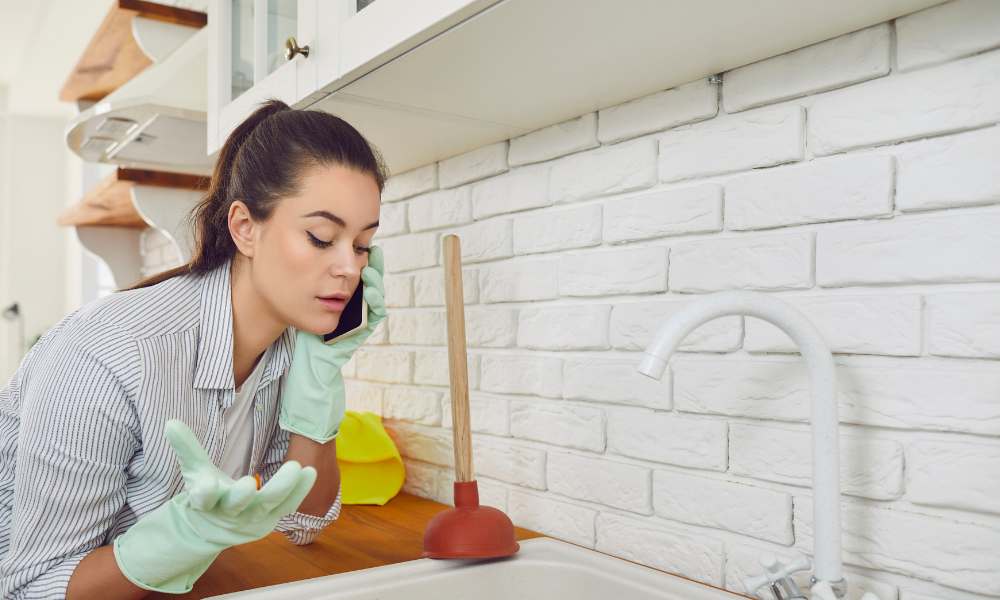Dealing with a clogged dishwasher can disrupt your daily routine and compromise kitchen hygiene. In this guide on “How to Unclog a Dishwasher,” we’ll walk you through straightforward and effective methods to restore your appliance’s efficiency without calling for professional help. From identifying common culprits like food remnants and grease build-up to offering step-by-step cleaning instructions, our aim is to empower you with the knowledge to tackle this issue confidently. Keep reading to learn preventive maintenance tips that ensure your dishwasher remains in top condition, saving you time and the inconvenience of future clogs. Get ready to transform the way you handle your kitchen’s indispensable ally!
Understanding the Problem
A clogged dishwasher often reveals itself through unmistakable signs that disrupt its normal function. If you notice water remaining at the bottom of the appliance after a cycle, experience lingering odors, or find that your dishes are not being cleaned properly, these are clear indicators of a blockage. Such symptoms suggest that it’s time to check and possibly unclog your dishwasher’s drainage system. Addressing these issues promptly can prevent further complications, ensuring your dishwasher operates efficiently and continues to be a reliable kitchen aid. Let’s delve into identifying common causes and finding effective solutions to keep your dishwasher running smoothly.
Common Causes of Dishwasher Clogs
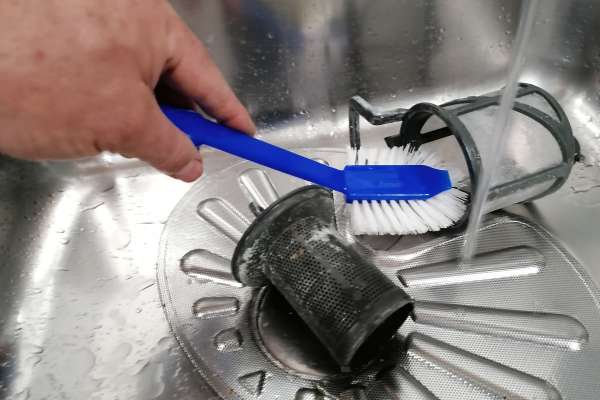
Understanding the common causes of dishwasher clogs is the first step towards efficient maintenance. Often, issues arise from the accumulation of food debris, which obstructs water flow and impairs function. Another frequent problem is grease buildup that sticks to the inner mechanisms, gradually causing a blockage. Additionally, using the wrong type of detergent or too much can lead to soap residue, further clogging the system. Implementing preventative measures, such as routinely cleaning filters and ensuring only dishwasher-safe items are loaded, can significantly reduce the likelihood of clogs and enhance the longevity and performance of your dishwasher.
Preventative Maintenance Tips
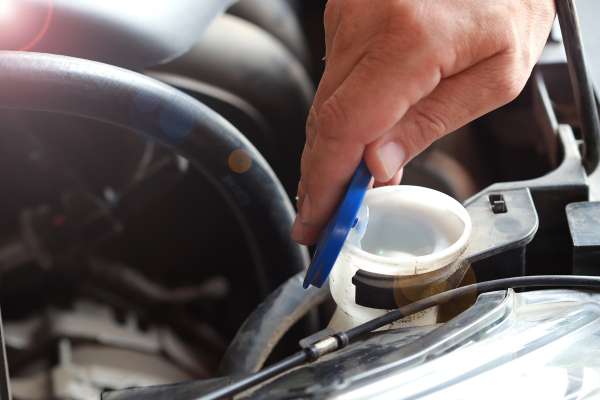
Preventative maintenance is key to avoiding clogs in Unclog a Dishwasher and ensuring it operates smoothly. Regular cleaning of the filter and drain area can prevent the buildup of food particles and grease that lead to blockages. Additionally, employing proper loading techniques maximizes water flow and cleaning efficiency. Make sure not to overload the dishwasher and position dishes in a manner that allows water to circulate freely. Regularly using a rinse aid can also help by reducing the likelihood of residue build-up. By following these simple tips, you can extend the life of your dishwasher and avoid the hassle of unexpected repairs.
Step-by-Step Unclogging Process
Before diving into the unclogging process for your dishwasher, prioritizing safety is crucial. Begin by turning off the power to avoid any electrical hazards. This can typically be done at your home’s circuit breaker or by unplugging the appliance directly. Next, gather the necessary tools you’ll need for the job, such as a pair of gloves, a screwdriver, and a bucket to catch any water that may drain out. Ensuring you have these items on hand will not only protect you but also make the entire process smoother and more efficient. Follow these preparatory steps diligently to set the stage for a successful unclogging task.
Checking and Cleaning the Filter
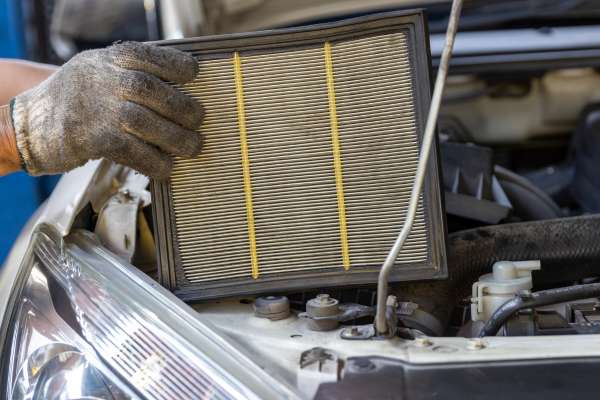
A crucial step in Unclog a Dishwasher is checking and cleaning its filter, which is often the hotspot for clogs. Begin by locating the filter at the bottom of the dishwasher, typically under the lower spray arm. Remove the filter carefully—consult your dishwasher’s manual to avoid any damage. Rinse the filter under hot running water, using a soft brush to scrub off any stuck-on food particles or debris. For persistent grime, soaking the filter in warm, soapy water can be especially effective. Once clean, reinstall the filter, ensuring it’s securely in place. Regular maintenance of the filter not only prevents clogs but also enhances the efficiency and longevity of your appliance.
Inspecting the Drain Hose
Tackling a clogged dishwasher, two critical components to examine are the drain hose and the drain pump. Start by inspecting the drain hose, which can often harbor kinks or blockages. Carefully straighten any bends and flush out debris with a high-pressure water stream. Next, turn your attention to the drain pump. Located at the bottom of your dishwasher, this pump can become clogged with food particles and other residues. Carefully remove any foreign objects and rinse the pump thoroughly. Regular checks and cleaning of these components can prevent performance issues and extend the lifespan of your Dish cleaning machine , ensuring it operates efficiently and effectively.
Using Natural Cleaners for Minor Clogs
For minor Unclog a Dishwasher clogs, natural cleaners like baking soda and vinegar are not only effective but also environmentally friendly. Start by pouring half a cup of baking soda directly into the drain, followed by a mixture of one cup of vinegar and hot water. This combination creates a fizzing action that helps break down the grease and food particles causing the blockage. Allow it to work its magic for 15 minutes, then flush with boiling water to clear the residues. If these steps don’t resolve the issue, it might be time to seek professional help. Sometimes, persistent clogs indicate more complex problems that require the expertise of a technician.
When to Call a Professional
Recognizing when to call a professional is crucial in maintaining the longevity and efficiency of your dishwasher. If your dishwasher remains clogged after you’ve tried all the basic troubleshooting steps, it may be time to seek expert help. Persistent clogs, water backups, or unfamiliar noises can indicate deeper issues that DIY methods cannot resolve. Additionally, any signs of electrical problems, such as the Dish cleaning machine failing to turn on or showing error messages, should be addressed by a certified technician to ensure safety and prevent further damage. Consulting a professional not only saves you time but also safeguards your appliance against improper handling.
Maintenance and Care
Maintaining your dishwasher regularly is crucial for preventing clogs and ensuring optimal performance. To keep your appliance in excellent condition, implement a monthly maintenance schedule. Start by inspecting and cleaning the filter to remove any trapped particles and residue. Follow this by running an empty cycle with a cup of white vinegar placed on the top rack to dissolve any lingering grease and odors. Additionally, check the drain hose every quarter to ensure it is free from kinks and blockages. Adhering to these simple steps can significantly extend the life of your Dish cleaning machine and minimize the need for costly repairs due to preventable clogs.
Best Practices for Dishwasher Use
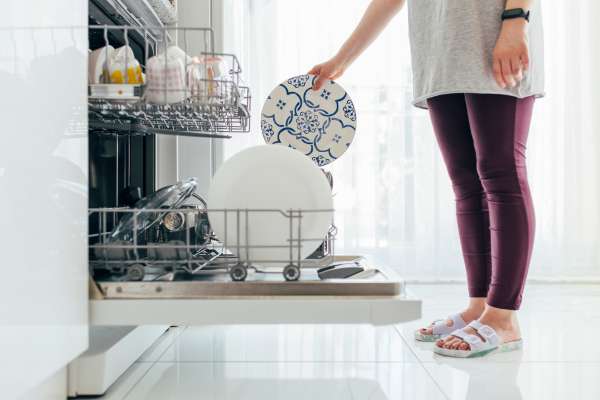
Maintaining your dishwasher isn’t just about tackling clogs; it’s also about preventing them. To ensure your appliance operates efficiently, use the correct amount of high-quality detergent and avoid the common pitfall of overloading. Strategically arrange dishes to allow water and detergent to circulate freely, ensuring a thorough clean. Additionally, make routine checks of the filter and drain areas part of your cleaning regimen. These best practices not only enhance the performance of your Dish cleaning machine but also extend its lifespan, keeping your kitchen routine smooth and your dishes impeccably clean. Embrace these habits to maximize the efficiency and durability of your Dish cleaning machine.
Conclusion
Successfully unclogging your Dish cleaning machine marks an important step toward maintaining a functional and efficient kitchen. By following the guidelines provided in this article on “How to Unclog a Dishwasher,” you’ve equipped yourself with valuable skills to ensure your appliance runs smoothly, enhancing its longevity and performance. Remember, regular maintenance and prompt attention to clogs can prevent larger issues and keep your Dish cleaning machine in optimal condition. For more tips and kitchen maintenance advice, stay tuned to our site. Keep your Dish cleaning machine running efficiently, and it will continue to be a reliable partner in your daily kitchen endeavors.

